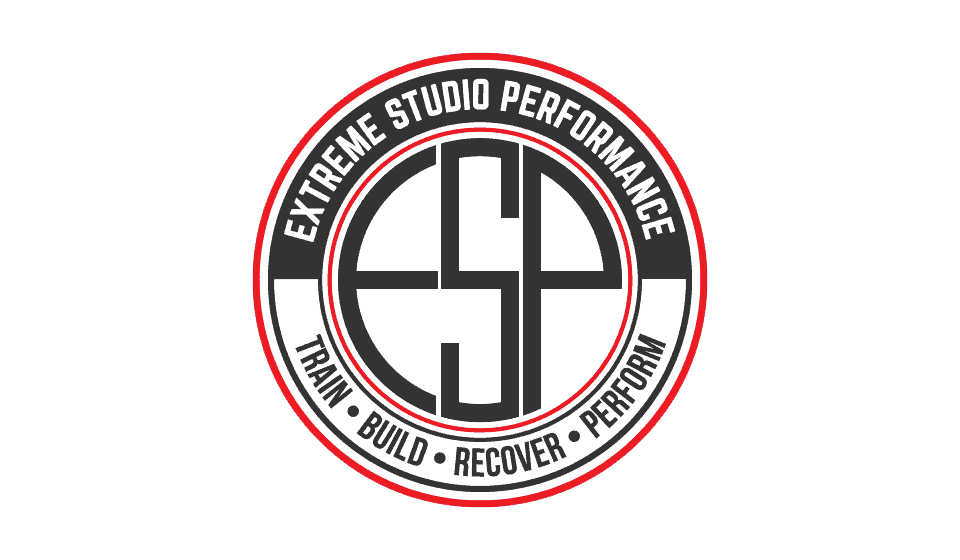
In the last article we looked at a brief history of supplementation through the ages and some current regulations surrounding the present day nutritional supplement industry. I know the history buffs loved it and probably researched every aspect of it while everyone else said “SO WHAT DO I TAKE?????”

Well, let’s start with what everyone needs to take for their overall health, performance, and aesthetic goals. We will term them as needed because they supplement nutrients that you can not get in sufficient quantities no matter how many fruits, vegetables, meats, and nuts you eat. For example, to get 100% daily value of all needed nutrients (to keep you from having deficiencies) the average person would need to eat roughly 5000 calories per day, and that’s with an all organic diet. Triple that number with a non-organic diet. And if you live on fast food…buy stock in your favorite restaurant and get ready for a heart attack within a year because you could never eat enough to fulfill that 100%. So, without further ado, here is what needs to be in your medicine cabinet.
Vitamins and Minerals
Tiny causes, big effects – Vitamins and minerals are both essential to all aspects of life because we can not manufacture them in our bodies. We must get them from outside sources such as food and water, further emphasizing the important need for quality sources of each. Vitamins as we know them today (A, C, E, etc) where just the first phytonutrients to be observed by scientists. New phytonutrients are found almost daily now giving rise to all the new fruit and plant extracts currently on the market. Minerals are elemental nutrients ranging from soft metals to hard metals and can all be found on the periodic chart you used to stare at in chemistry class. The need for supplementing these essential nutrients is due to the erosion of our soil and decline in food quality caused by current mass farming practices and higher amounts of stresses placed on our bodies as we keep up with the Jones’.
Vitamins
Vitamins are classified as either water soluble or fat soluble since that is where they are found in foods, it’s how we ingest them, and normally that is where they cause reactions to happen in our bodies. Without them your metabolic processes slow down, your body could not support itself, and you would get very tired and very sick. This is where the RDA (recommended daily allowance) numbers come in that you see on all food items. The RDA is the minimum amount needed to prevent disease; if you are lying in a bed doing nothing. None of us have that luxury giving rise to all the different amounts used in multivitamins today to find the optimal amount for everyone. Luckily it is very hard to overdose on most vitamins, which if not used by the body are eliminated very quickly through the kidneys. Supplementation of vitamins is tricky in that natural forms are far superior to synthetics and finding them is not always easy. An example of this is Vitamin E which is very expensive and is normally the first casualty of cost cutting by some manufacturers. The two most common versions you will find are D-alpha tocopherol (natural) which is found in plant and animal fats and DL-alpha tocopherol (synthetic) which is chemically synthesized from petroleum. The DL version, while technically a tocopherol, has no use in the body and in many cases is viewed as an inorganic toxin. The best form is a D-aphla or D-gama and mixed tocopherol blend which gives you a full complement of phytonutrients that are naturally balanced to work in harmony.
Remember, just as with food you must choose the highest quality vitamins to put in your body, otherwise you are wasting your money and your health.
Minerals are natural elements, soft metals and hard metals, that maintain electric conduction throughout the body and structural integrity of our internal frame called bones. And just like vitamins they must be obtained through outside sources such as high quality foods and water. Absorption of minerals is trickier than that of vitamins when it comes to supplementation because they are not sugar or protein based (water soluble) or fat based (fat soluble) nutrients. They must be taken in the form of a mineral salt (as with trace minerals) or chemically bound (chelated) to an amino acid (aspartate) or an acid (citrate) to pass through your intestinal walls. These are all forms in which they are found in nature and how they are transported into our system. Since they are basically rocks, and hard to digest, they will block the absorption of many vitamins and other nutrients. An example of this is taking Tums to relieve heartburn because it reduces stomach acid output but the calcium carbonate used in it has a very low absorption rate and will block the absorption of smaller nutrients like Vitamin C, Zinc, and B vitamins. While they are very essential you must be careful with the amounts as the hard metals can become toxic in high amounts and the soft metals can get stuck in your system, like kidney stones for example.
Remember, these are the building blocks of your body so get the best blocks you can buy or your body will suffer the consequences.
Essential Fatty Acids (Liquid gold for the body) – We will cover fats in depth later in the series so we are going to concentrate on Omega-3 fatty acids only for the use of supplementation. The two main sources of Omega-3s are fish oil and flax seed oil; there are several other fantastic plant and seed oils as well. Flax seed oil, while having many benefits, only contains Alpha Linolenic acid which must be turned into DHA, EPA, and many other fatty acids by your body. Fish oil becomes the more beneficial of the two as we age since it is composed of DHA and EPA which becomes difficult to synthesize from Alpha Linolenic acid as we age. These fatty acids are termed “essential” because they are the base structure of every cell membrane in your body. You would not be able to transport nutrients through your cells or even keep them intact without them and you must obtain them from food. Aside from maintaining the integrity of almost every cell you are made of they have a few other novel uses in your body. First, all Omega-3s act as motor oil for your vascular system keeping everything lubricated so cells don’t stick together and so plaque can’t attach to the walls of your arteries and veins. Second, DHA makes up most of that grey lumpy thing we call a brain and is essential for both nervous tissue and signal transmission. This makes DHA very import for neural development in children and in neural preservation as you age. Third, EPA and the other Omega-3s act as pain relievers party due to their ability to lubricate tissues and modify nerve signaling, but more importantly their ability modulate hormone signaling both blocks Cox-2 enzyme activity (the cause of pain sensations and inflammation) and speeds up cell repair. The source of fish oil is also very important both for quality and needs at different times of the year. Use fish oils that are water distilled and that come in opaque or dark glass/plastic bottles. During the winter months use either cod liver oil or fish oil that contains at least 1000IU of vitamin D3 due to the lack of sun light and ultraviolet rays. This will aid you in both immune function and reducing the symptoms of winter depression.
Remember, every cell in your body is an engine so change your oil daily and use the right oil for each season.
Probiotics (Your friendly neighborhood bacteria) – Probiotics are the good guys of the bacteria world and may actually be the most important of your needed supplements. These little wonders of nature live on and in our foods until we wash them off and cook them out. There are many different strains of good bacteria, the most commonly known being lactobacillus because of yogurt. Before pasteurization and homogenization of milk became the standard lactobacillus and many other good bacteria where found in all dairy products. This made them more nutrient dense, easier to digest, and kept our intestines filled with good bacteria. Because of all the processing and health regulation in the food industries now we do not get any of these little guys in our diets. Regrettably and ironically your digestive system and immune system pay the price for all the new safety standards to keep your food and you healthy. Probiotics aid you in digestion by producing enzymes that help breakdown fibers, sugars, proteins, fats, vitamins, and minerals so they can be absorbed and utilized more efficiently. This actually cuts down on the need for stomach acids thereby reducing and/or eliminating heart burn and stomach ulcers. Probiotics aid your immune system by ridding your body of bad bacteria such as yeast and strep strains along with producing enzymes that essentially feed your immune system. There are many products on the market and soil based HSO probiotics are the best source.
Remember, we might all be a little healthier if we just added a little dirt to our meals.
Vitamins and minerals retain the qualities of the sources they are derived from so make sure the sources are meant to be in your body. Essential fatty acids keep things running smoothly all year long when changed daily and for the seasons of your life. Probiotics are the bacteria that get the vital nutrients into your system and keep the bugs out of it.
Next issue – Wanted supplements (what everyone should consider adding to their daily regimen for health).
